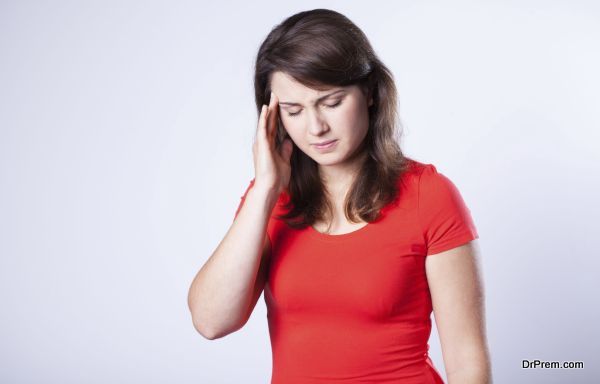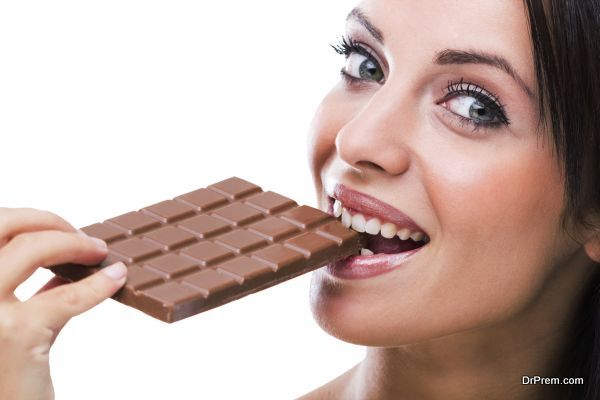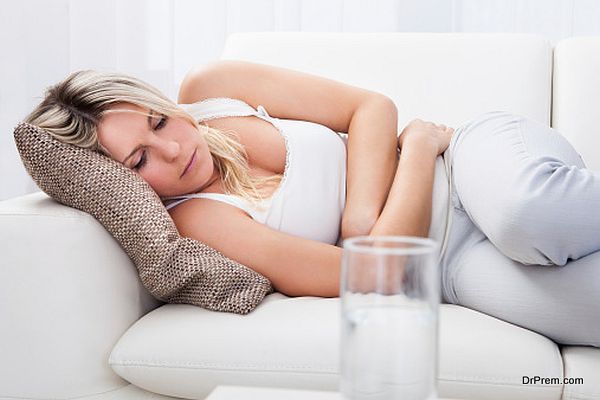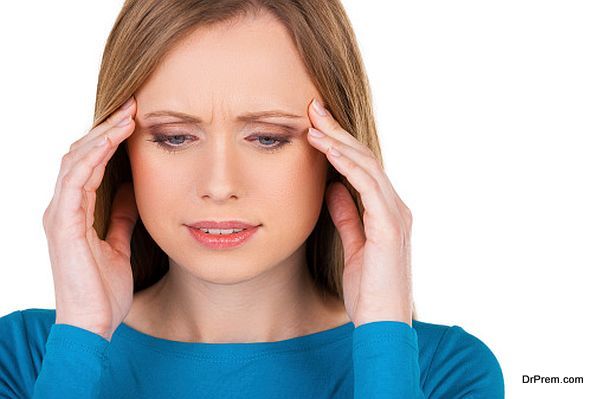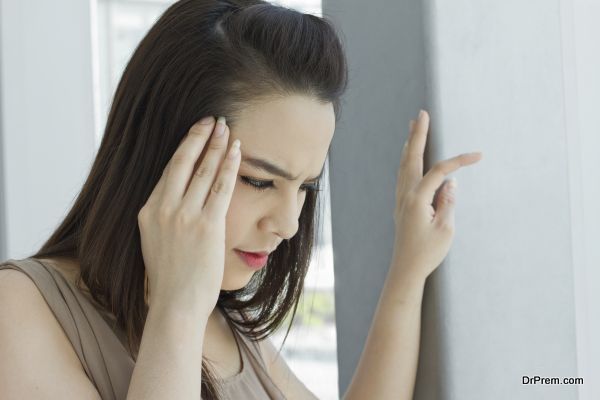Migraine is a painful disease which causes a throbbing pain on one side of the head. The affected individuals may also experience nausea and their vision may get disturbed. A certain food, smell or weather changes can trigger this hard to bear pain and disrupt your life.
For a patient of migraine, it is necessary to determine which triggers are causing the attacks. Once the triggers are identified, it will be easier for them to prevent an attack and lead a healthier lifestyle. The triggers can vary from one person to another. However, some of the most common triggers should be avoided by migraine patients as much as possible.
Foods can trigger migraine
According to the research conducted by National Headache Foundation there are some foods which can trigger migraine in a patient. Some of the major foods that act as triggers include ripe cheeses like cheddar, Stilton and Brie, chocolates, marinated food, pickles or fermented foods, bacon, hot dogs and other foods that contain nitrites, sour cream, nuts, snow peas, lima beans, figs, raisins, avocados, papayas and citrus fruits. Intake of high quantity of tea, coffee and colas can also trigger your migraine attack. Also try to avoid alcohol, especially red wine and beer for your own good.
Menstruation
Menstruation can also be a trigger for migraine in women. Many women complain of getting migraine attacks during or just before their periods. Some also complain of getting major headaches during the time of ovulation.
A drop in estrogen levels is believed to be the real culprit in this case. When a woman nears her menopause or goes through it, her estrogen levels suddenly starts to decrease. This can result in frequent migraine attacks.
Stress
Migraine can also be triggered by stress. Stress releases some particular chemicals in our brain that can cause an attack. It is believed that the patients who suffer from migraine are highly sensitive and emotional. They can get stressed easily and suffer from a numbing headache.
Patients have to maintain a routine sleep pattern and avoid staying up late for working or partying. Sometimes when suddenly the stress factors are removed and the patient feels more relaxed, even then migraine attack may happen.
Avoid the additives
There are several food additives which can also trigger a migraine attack. You should read the labels of packaged foods carefully. Do not buy foods that contain monosodium glutamate or MSG, yeast extract, hydrolyzed or autolyzed yeast, hydrolyzed plant protein and hydrolyzed vegetable protein. Kombu extract which is used in most of the Japanese foods can also trigger a migraine attack.
Tips for identifying migraine triggers
As migraine triggers vary from one person to another, patients have to keep a journal for making notes of things that may have triggered an attack. Make a careful note of foods that you eat everyday, aromas that disturb you, the drinks you have, the places you have been to and other details. Women should make notes in their journal about their menstrual cycle and also how they believe it to affect their migraine problem.
Tips for controlling migraine
Create a calming and relaxing environment by turning the lights off and get some sleep. Sleeping at a particular time at night will help you control migraine attacks. Slight changes in your daily routine can result in a bout of headache and nausea. Use hot and cold packs can also be your allies in fighting migraine. Cold packs reduce the sensation of aches and the hot packs ease the tensed muscles. Gentle massaging of temples and scalp can also reduce pain. Eat small regular meals and never skip your breakfast.
The triggers of migraine vary from one patient to another. Every patient must try to figure out their personal triggers and avoid them. Eat breakfast, use hot and cold compress and create a convenient sleeping pattern for yourself.


